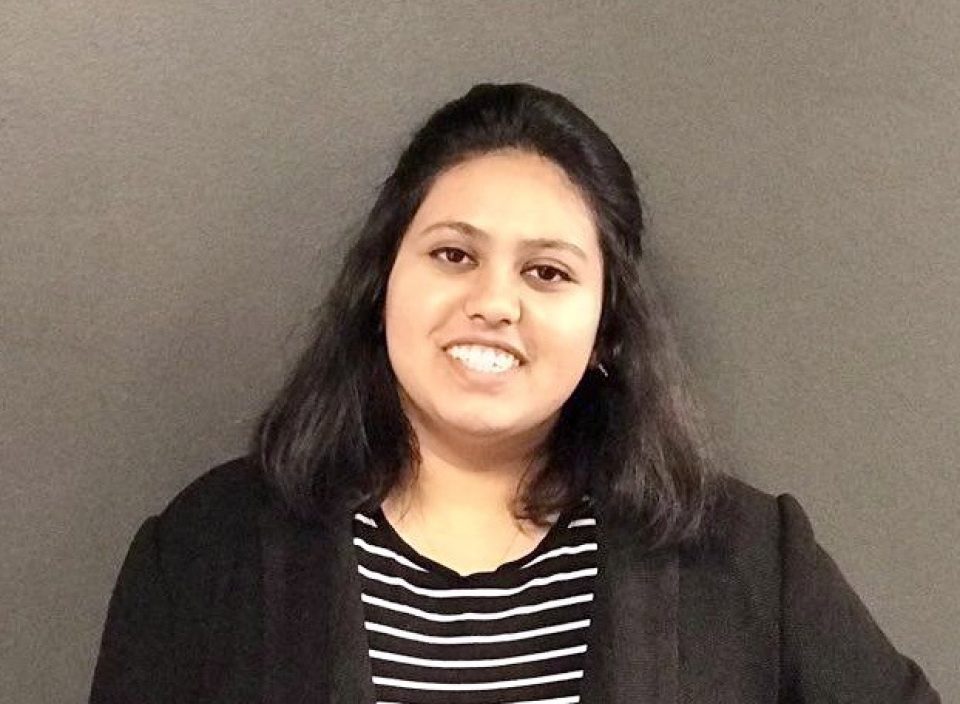Aishwarya Ganguli, Ph.D.

CMSN T32 Fellow Alum
Senior Research Analyst | Child Care Aware of America
http://linkedin.com/in/aishwarya-ganguli-6925472a6
read more +
Education
M.S., Biobehavioral Health, The Pennsylvania State University
B. A., Psychology & Public Health, Rutgers University
Expertise
Researchers. Writing academic peer-reviewed articles and specializing in policy-related work.
Research Interests
health | child care | health research
No related topics available for this person